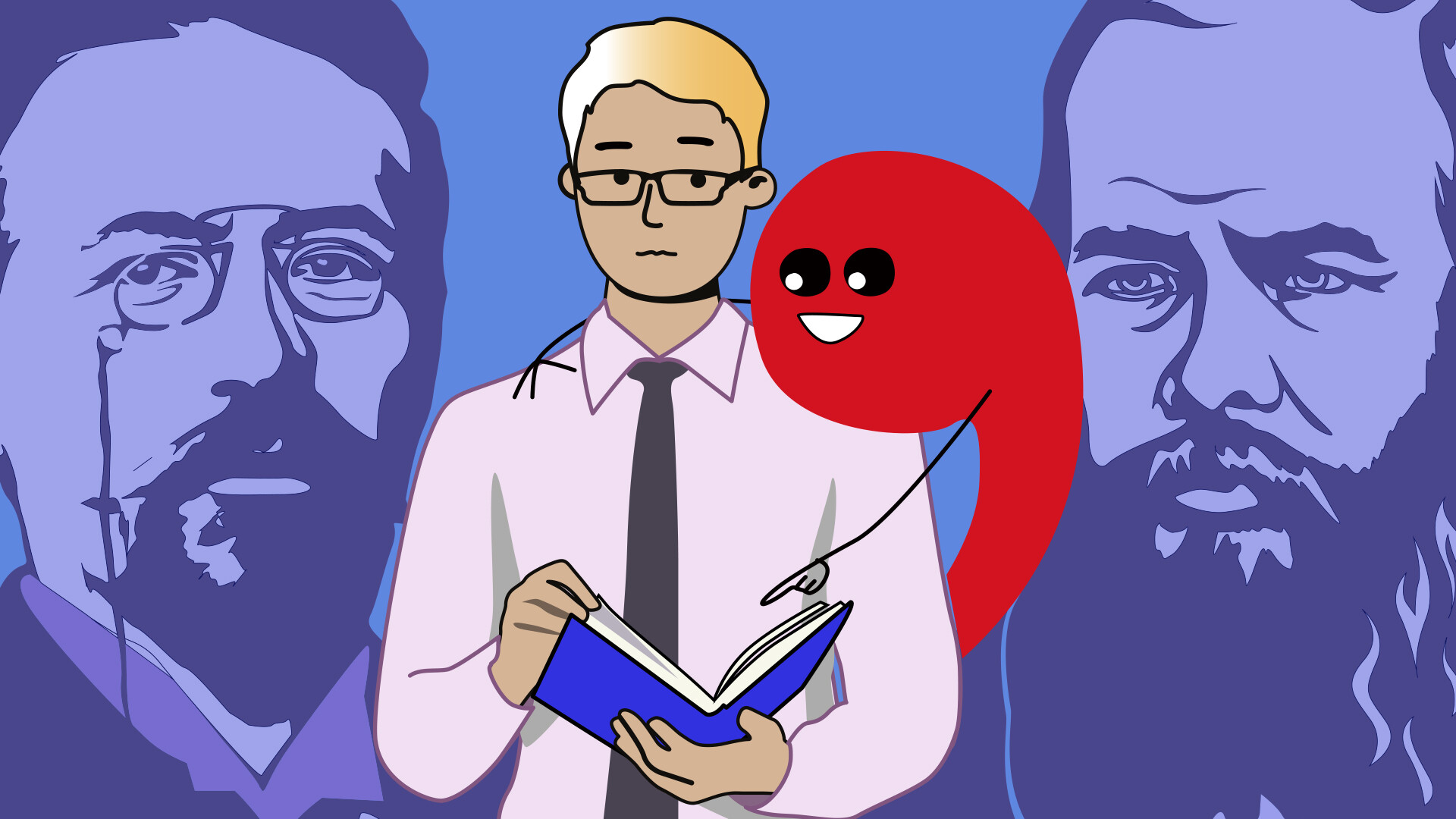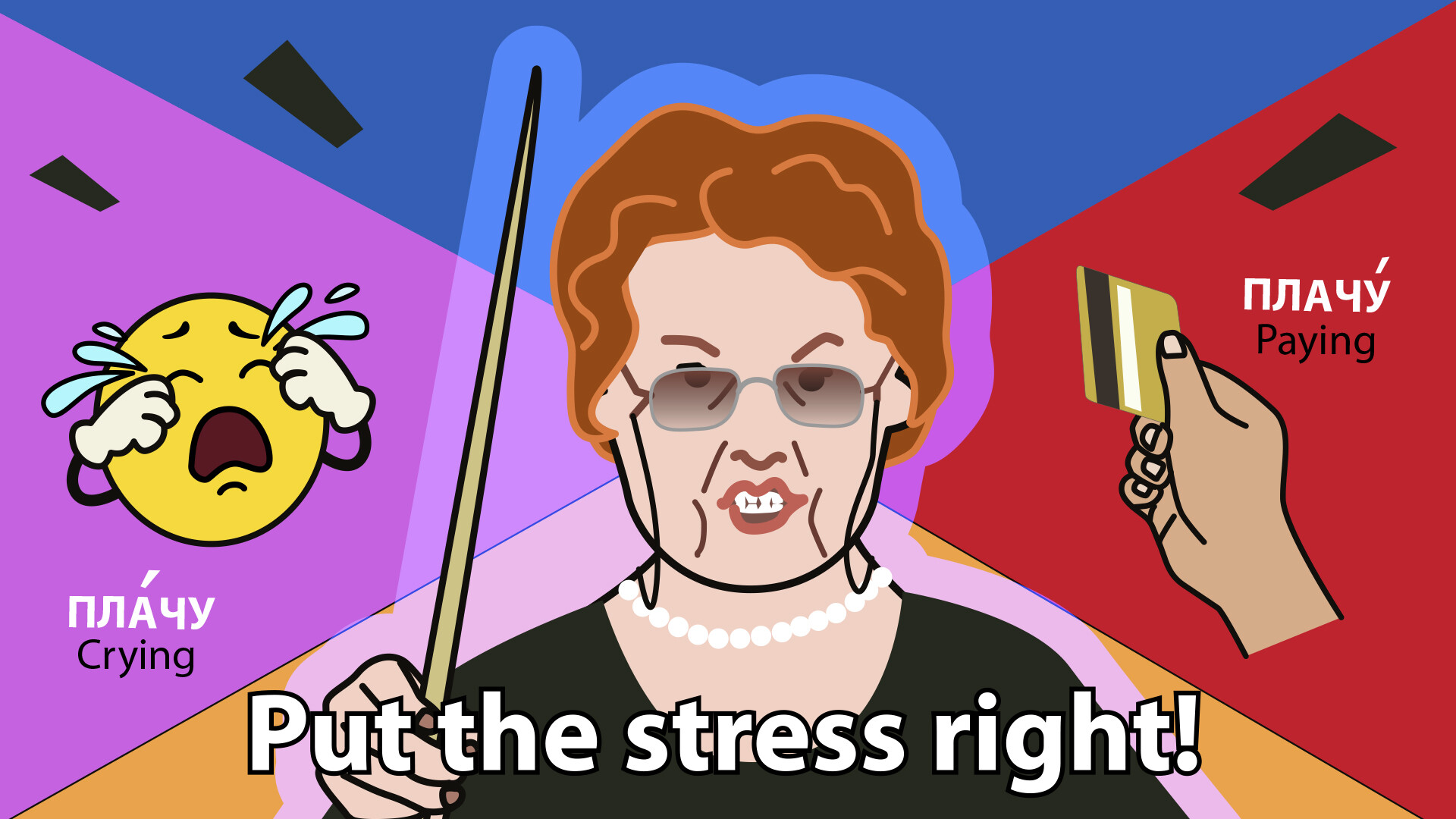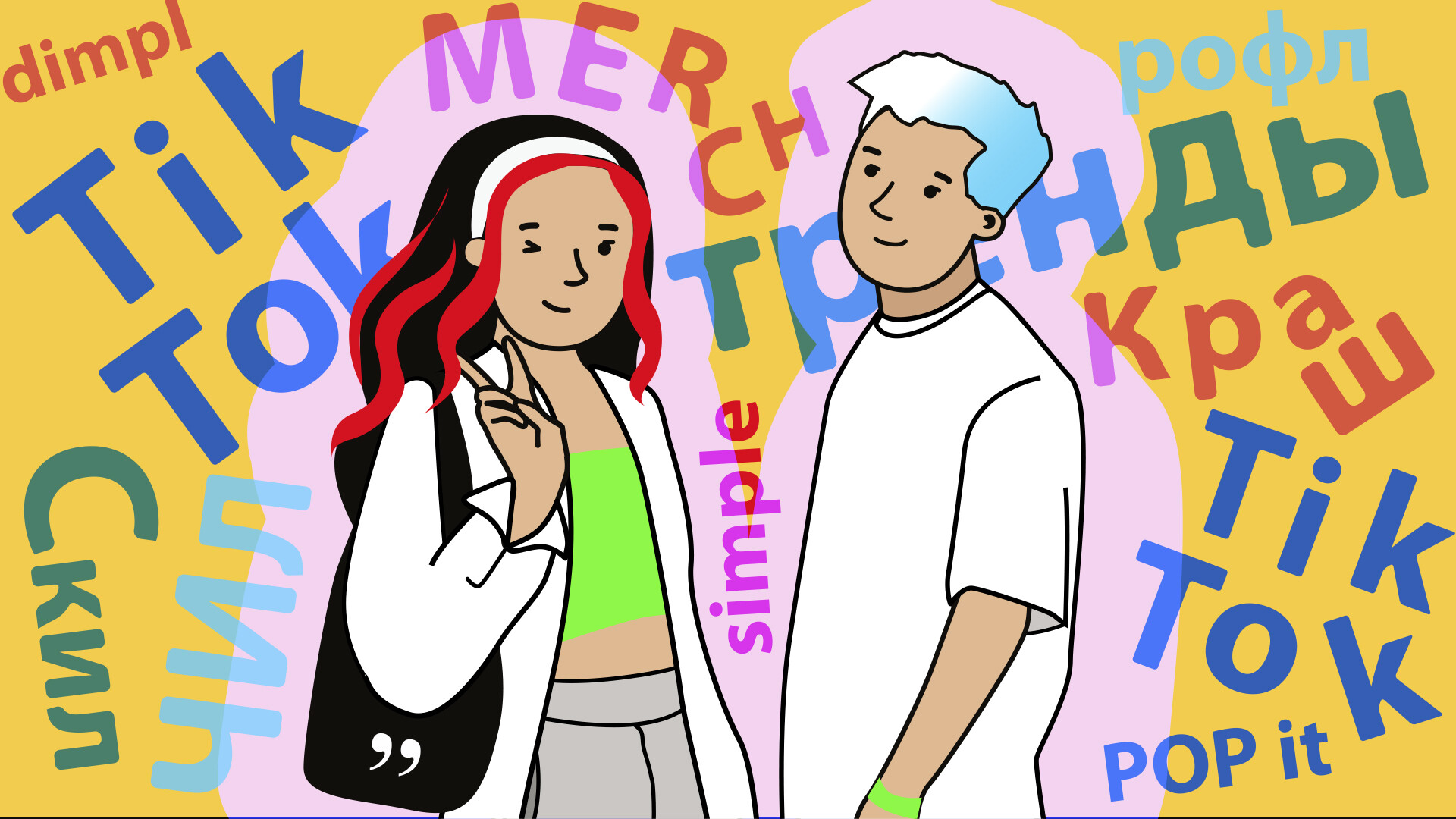Is the Russian language hard for Russians?

In Russia, students take Russian language courses from grade school until graduation, but despite this not everyone knows how to speak and write without mistakes and typos—some of which drive others Russians mad! Foreigners are often confused by the many different of endings for words, cases, pronunciation of the letter "ы", as well as all sorts of long words with many consonants in a row. Russian themselves don’t see anything unusual in the titles like Spasoglinishchevsky (“Спасоглинищевский”) Lane or Krzhizhanovskogo (“Kржижановского”) Street, but there are other things that are very difficult for native speakers.
The number of letters in the suffix depends on the context

One of the most difficult points in Russian grammar is adjectives and participles with the letter "n" (“н”) in the suffix because there can be either one or two of them. In some cases, you just need to memorize the spelling, and in others you have to go on context.
For example, fried potato is “жареная картошка” (“zharenaya kartoshka”). Or if we want to say the potato is fried with mushrooms, it is “жареная картошка с грибами” (“zharenaya kartoshka s gribami”) with one “n.” But then you can also write “жаренная с грибами картошка” (“zharennaya s gribami kartoshka”), which has two letters “n.” Think it’s the same phrase? Nope. The devil is in the details. In the first phrase, we mean that the potatoes were first fried ("zharenaya" here being an adjective based on the verb) and then mushrooms were added, while in the second case it means that the potatoes were fried together with the mushrooms (here “fried” is a participle).
"For me, this is the most difficult thing in the language because I just visually remember how to write a word, and in this case, there are options,” says photo editor Daria Sokolova from Moscow.
"It was my personal hell at school," adds Valentina Pakhomova from St. Petersburg, who works in the e-learning field. “What about ‘fried in cream?’” (And what do you think it is? Write your answer in the comments).
Naturally, there are also extra rules and exceptions to all of this. For example, the word “ветреный” (“vetreniy” meaning “windy”) is always written with one "n," but if you add “bez” (“without") then it is always with two and becomes “безветренный” (meaning “windless”).
Where are the commas?

“For me, as a native speaker who lives in the era of communication in online messengers, punctuation marks are the greatest difficulty," says linguist Tamara Grigorieva from Moscow. “In the conditions of general non-compliance with the rules of text formatting, there is a significant loss of using punctuation and capital letters.”
In Russian, there are many rules about when to use and not use commas, and it is not enough to just remember the words that need to be “separated.” Context is also important.
Take, for example, the word “как” (“kak” or “like”). In the phrase “она прекрасна, как майская роза” (“one prekrasna, kak mayskaya roza,” “she is as beautiful as a May rose”) we need a comma. But then in the phrase “у нее волосы вьются как у ее матери” (“u neye volosy vyutsya kak u eyo materi,” meaning “she has curly hair like her mother”) no comma needed. This is just one example, and can you imagine how many of them there are in Russian?
In addition to commas, there are more complex punctuation marks as well. How do you know when to use semicolons, dashes and parentheses? In addition to common punctuation, there are also so-called author's marks. And some Russian writers are big enthusiasts of long sentences with multiple parts.
"Punctuation, especially when it is the author's marks, is very difficult," says Valentina. “Take Leo Tolstoy or any other enthusiast of broad thinking.”
Of course, in online communication Russians don’t always usually use formal or entirely correct language, often skipping punctuation marks and adding parentheses to express emotions.
Tricky accents

"The most difficult thing in the Russian language is accents," says economist Svetlana Kotans from Moscow. “We move the accents in many words as it’s more convenient for us, but this is wrong.”
The most common example is the word“красивее” (“krasivee”, or "more beautiful”). Based on the word “красивый,” with an accent on “и,” it is correct to say “красИвее.” However, many Russians say “красивЕе” because it sounds better or somehow more “Russian” to them.
In general, in Russian, the stress can not only fall on any syllable, but also can change the meaning of the word. For example, the word “зАмок” (“zAmok”) means castle, while “замОк” is a lock. “ЖаркОе” (“zharkOe”) is of stew, while “жАркое” means hot. “МукА” (“mukA”) is a flour for baking, while “мУка” means suffering.
Now let’s change the rules!

In addition, native speakers have problems with verb conjugation (“едЕшь” OR “едИшь” to say “you go,” “видИшь” OR “видЕшь” for “you see”), separate and split spelling of particles (“также” OR “так же” and “заодно” OR “за одно”), unstressed vowels in the roots (“симпатичный” or “симпотичный” meaning "cute”). And that’s not even mentioning how the rules are changing all the time.
Russian, like any other language, is constantly changing and being enriched with new words and new rules. Even if you know Russian well, you would hardly understand a story written in the 18th century since at that time people used different words and even different letters.
In the mid-20th century, Russians wrote “придти” (“pridti”) instead of the modern “прийти” (“priyti” meaning “to arrive”), and “диэта” instead of “диета” ("diet"). A source of frequent confusion is whether the word "coffee" is masculine or neuter?
“I think that for a native speaker, the language doesn’t cause any difficulties if it is used for communication only,” says linguist and Russia Beyond author Natalia Kikilo, who teaches Russian for the foreigners (FYI you can read her articles on learning Russian on our site). “Even if Russians and foreigners make the same mistakes (the gender of coffee, for example), these mistakes are motivated by completely different things. For native speakers, their Russian language rather reveals education, their field of activity and background.”
Today linguists establish general rules for writing new words like "blogger" and "instagrammer" in Russian since there can be different options in transliteration. But new words are appearing faster and faster!
"I recently found out what ‘merch’ is. I had to Google the youth’s ‘crush,’" says Tamara. “10-years-old kids generally speak some kind of TikTok language. Even the new word ‘trend’ has already changed in meaning. Now this is not a tendency, this is a thing from a social network that many repeat at home, dancing in front of the camera. It's hard to follow this in Russian."
If using any of Russia Beyond's content, partly or in full, always provide an active hyperlink to the original material.
Subscribe
to our newsletter!
Get the week's best stories straight to your inbox